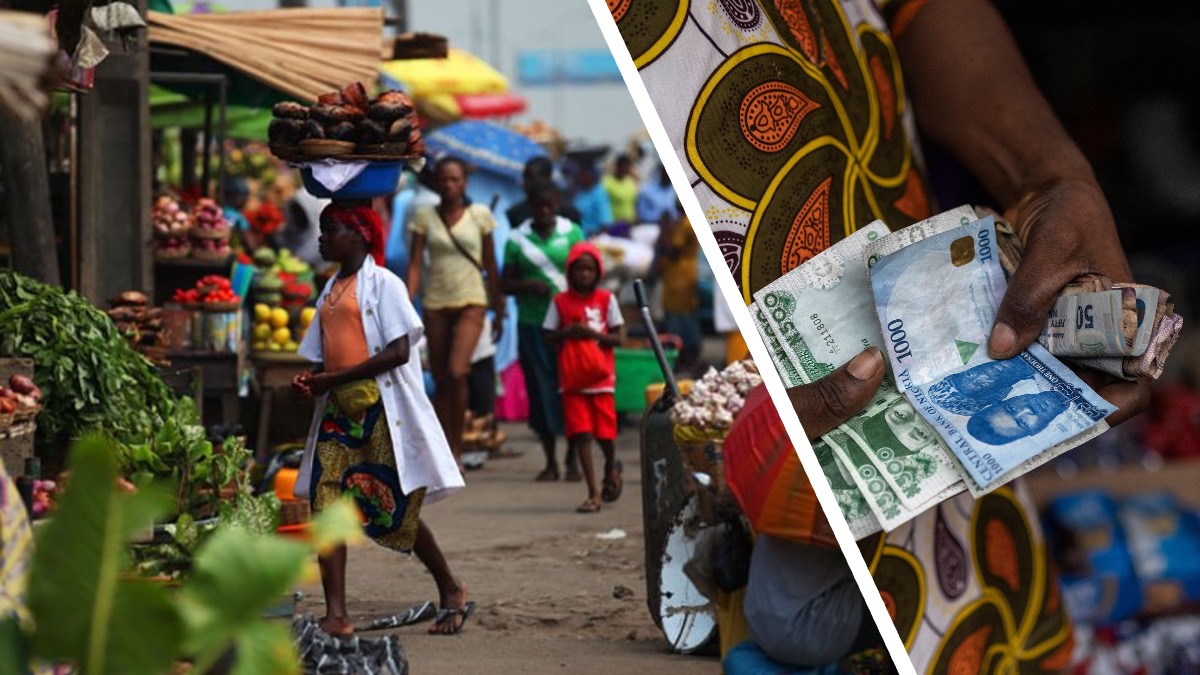Financial inclusion is a cornerstone of Nigeria’s economic development agenda, aimed at ensuring that individuals and businesses have access to affordable and effective financial services. Despite substantial efforts and policies, a significant gap remains between intent and implementation, leaving millions of Nigerians underserved.
The State of Financial Inclusion in Nigeria
According to the latest data from the Central Bank of Nigeria (CBN), approximately 36% of Nigerian adults lack access to formal financial services. This figure highlights the persistent challenges in achieving universal inclusion despite ambitious targets, such as the CBN’s goal of 95% financial inclusion by 2024.
Key Challenges
- Low Penetration of Financial Services:
- Rural areas and underserved communities face limited access to banking infrastructure.
- Digital Divide:
- Many Nigerians lack the digital literacy or infrastructure (e.g., smartphones, internet access) necessary to benefit from modern financial solutions.
- Trust Deficit:
- Historical issues with fraud and hidden fees have eroded trust in financial institutions, particularly among the unbanked population.
- Economic Inequality:
- High levels of poverty and unemployment limit the ability of many Nigerians to engage with formal financial services.
- Regulatory Bottlenecks:
- Inconsistent or burdensome regulations can stifle innovation and slow the rollout of inclusive financial products.
Bridging the Gap: Policy Meets Practice
- Digital Finance Solutions:
- Mobile money platforms, such as Paga and Opay, have expanded access to financial services by providing easy-to-use payment and savings solutions.
- Agent Banking:
- Initiatives like the CBN’s Shared Agent Network Expansion Facility (SANEF) aim to extend banking services to rural and underserved areas through agent networks.
- Fintech Innovation:
- Nigeria’s thriving fintech ecosystem has introduced innovative products, from microloans to peer-to-peer lending, that cater to the unbanked.
- Financial Literacy Campaigns:
- Organizations and banks are increasingly investing in education programs to build trust and teach Nigerians how to use financial services effectively.
- Government Programs:
- Social initiatives like the National Social Investment Program (NSIP) use technology to disburse funds to the underserved, promoting financial inclusion indirectly.
The Path Forward
Achieving financial inclusion requires a multi-stakeholder approach:
- Collaboration Between Fintechs and Traditional Banks:
- Partnerships can leverage the strengths of both sectors to expand reach and build trust.
- Regulatory Support:
- Simplifying policies and incentivizing innovation can accelerate financial inclusion initiatives.
- Focus on Women and Youth:
- Targeted programs addressing the unique barriers faced by these groups can close the gender and age gap in financial access.
- Infrastructure Development:
- Expanding internet access and providing affordable mobile devices can bridge the digital divide.
Conclusion
Financial inclusion is not just an economic imperative but a tool for social empowerment. By bridging the gap between policy and practice, Nigeria can unlock the potential of millions, drive economic growth, and foster a more equitable society.
The journey ahead is challenging, but with the right mix of technology, collaboration, and policy reform, financial inclusion can become a reality for all Nigerians.

Leave a Reply